This article previously appeared on Crossfader.
In this Crossfader series, our intricate and complex rating system will tell you definitively whether new television pilots are worth your valuable time. We call it: HIT OR SH**.
By focusing on the “oldest profession,” HBO’s THE DEUCE explores the notion of exchange and the ways we use each other under the specter of capitalism. It’s great and often very sad. Now, none of that is entirely new. Steven Soderbergh used a different form of the sex trade to explore power dynamics and the effects of the financial crisis in THE GIRLFRIEND EXPERIENCE, and a similar tact was taken in the STARZ’s television adaptation of the same film. Paying for sex and selling one’s body is, in pop culture’s opinion, the purest form of capitalism. You own your body, people will pay to own it for a certain amount of time, and you exchange currency to determine how much that time, and in a darker sense, you, are worth. It’s basic in its lurid appeal, which makes sense why a show exploring it would end up on HBO, the network known for selling sex and dragons.
The secret ingredients in THE DEUCE’s stew are its creators (David Simon and George Pelecanos, HBO darlings), the 1970s setting of the show, and our own current socio-political climate. Simon is one of the “Davids” (David Simon and David Milch), HBO’s chosen sons who can basically do no wrong (except in the case of poor JOHN FROM CINCINNATI) and are given carte blanche to make whatever they want. Simon is best known for THE WIRE and TREME and he seems to be taking a similar tact with THE DEUCE, employing a large ensemble cast to explore a variety of effects chained together along a shared topic. The topic this time around is the widespread effects of the New York porn industry of the ‘70s, though notably, this is only mentioned in passing in the first episode. The true focus of this first entry in the series is relationships of exchange and the sex trade.
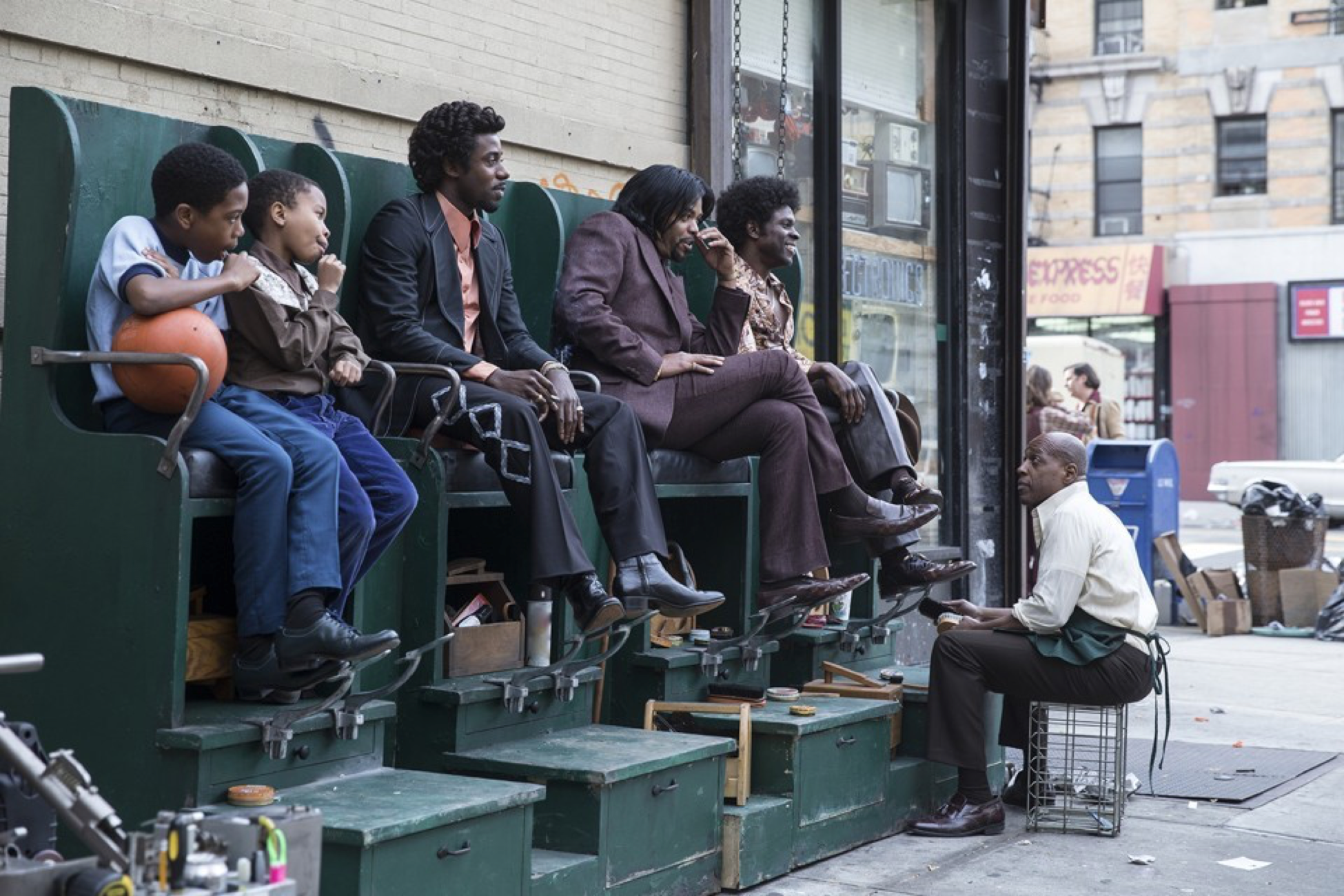
The pimps of THE DEUCE: getting their shoes shined and being too friendly with the police
It’s difficult to speak about THE DEUCE because of how wide its cast and plot sprawls. There are the trials and tribulations of the sex workers on the outskirts of the story, Darlene (Dominique Fishback) with her “regular customers,” both harmless and abusive, Lori (THE LEFTOVERS alum Emily Meade), fresh from Minnesota, coming to New York seemingly for the freedom the trade will allow her. There are their various pimps, consorting with cops and commenting on the Vietnam War and the various families and lovers tangled up with those at the center, a college student having an affair with her professor, and a wife cheating on her husband for revenge. These are the micro-plots to the larger macro-plot centering on James Franco’s characters, the twin brothers Vincent and Frankie, and the entrepreneurial “Candi” (Maggie Gyllenhal), a sex worker making her way without a pimp.
Franco plays the perfect broken man in Vincent, someone so keen on survival, making money for his family, and staying afloat, but also so clearly dead inside, beaten down by a system uninterested in anything other than the labor he can produce. The ying to his yang is Frankie, barely in the first episode but clearly a slippery character, loose with his words and actions as a foil to Vincent and another connection to the criminal underworld. With Candi, Gyllenhal plays one of the few independent characters in the story, actively working towards shifting the power to her corner. She’s just as focused on money as Vincent is, supporting her son and mother on the other side of the river, while still having enough to pay her rent. In a smart choice, the show does try to make her tragedy noble. She’s made choices just as everyone else has—what matters now is how she’s choosing to act to secure some kind of future.
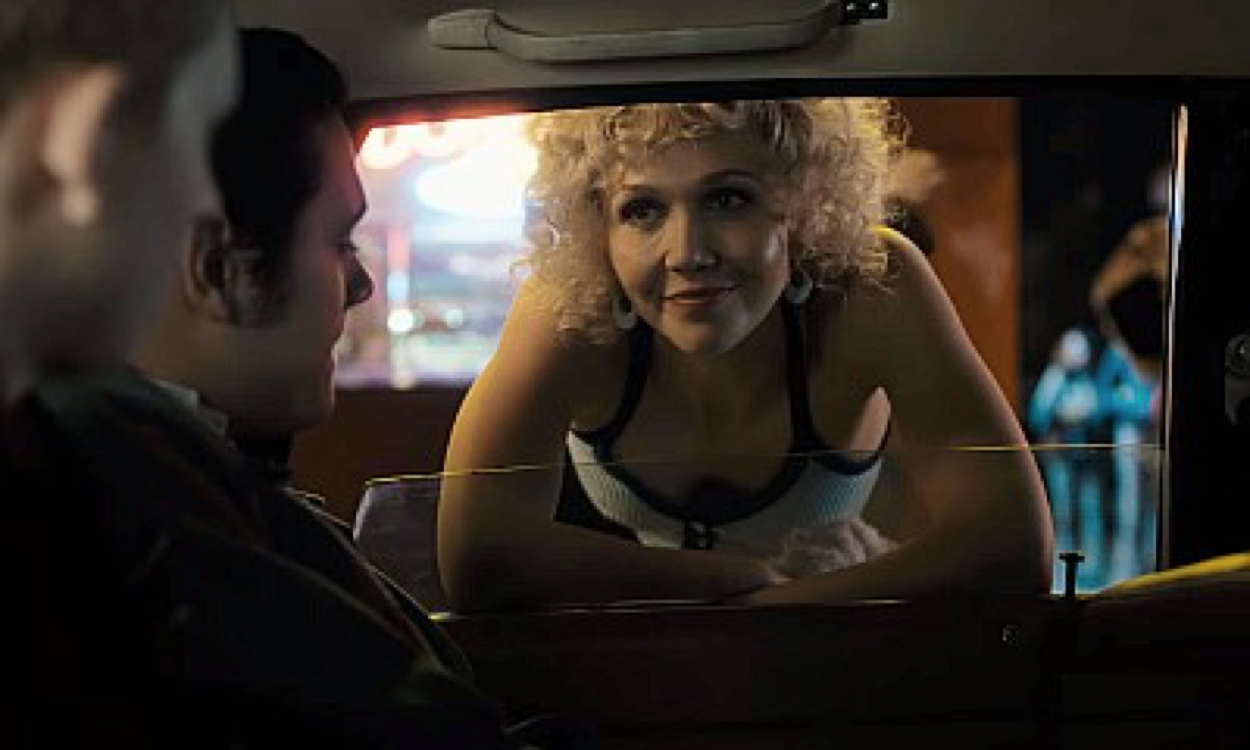
Maggie Gyllenhal leans into your car and whispers, “Emmy Award Winning Performance”
All of the show is like this: dense, but imminently followable. There is nothing easy or entirely straightforward in THE DEUCE, whether it be the relationships between characters or the world they live in. But it is colorful and full of life, as dense with details as it is with plot. You don’t need a thorough knowledge of history or politics to appreciate THE DEUCE, but I imagine it would certainly help.This leaves the first episode in an interesting place. In terms of what is happening in the greater story, the episode doesn’t do much to imply any kind of direction. Characters are moved into new places (Vincent leaves his wife, Lori comes to New York, Candi begins to further feel the strain of her lifestyle), leaving them open for greater risks and conflicts, but it is as unclear to them as it is to the audience what that might entail. This is THE DEUCE showing its hand. It is just as concerned with the small cogs in the machine as it is with the widespread effects that wash over them, and it is more than willing to take its time to examine every angle. This leaves the first episode not feeling slow or overlong, but extremely deliberate. There is no excess or fluff, only what matters to tell the exact kind of story it is trying to tell. It feels assured, which makes sense given the pedigree of its creators and performers.
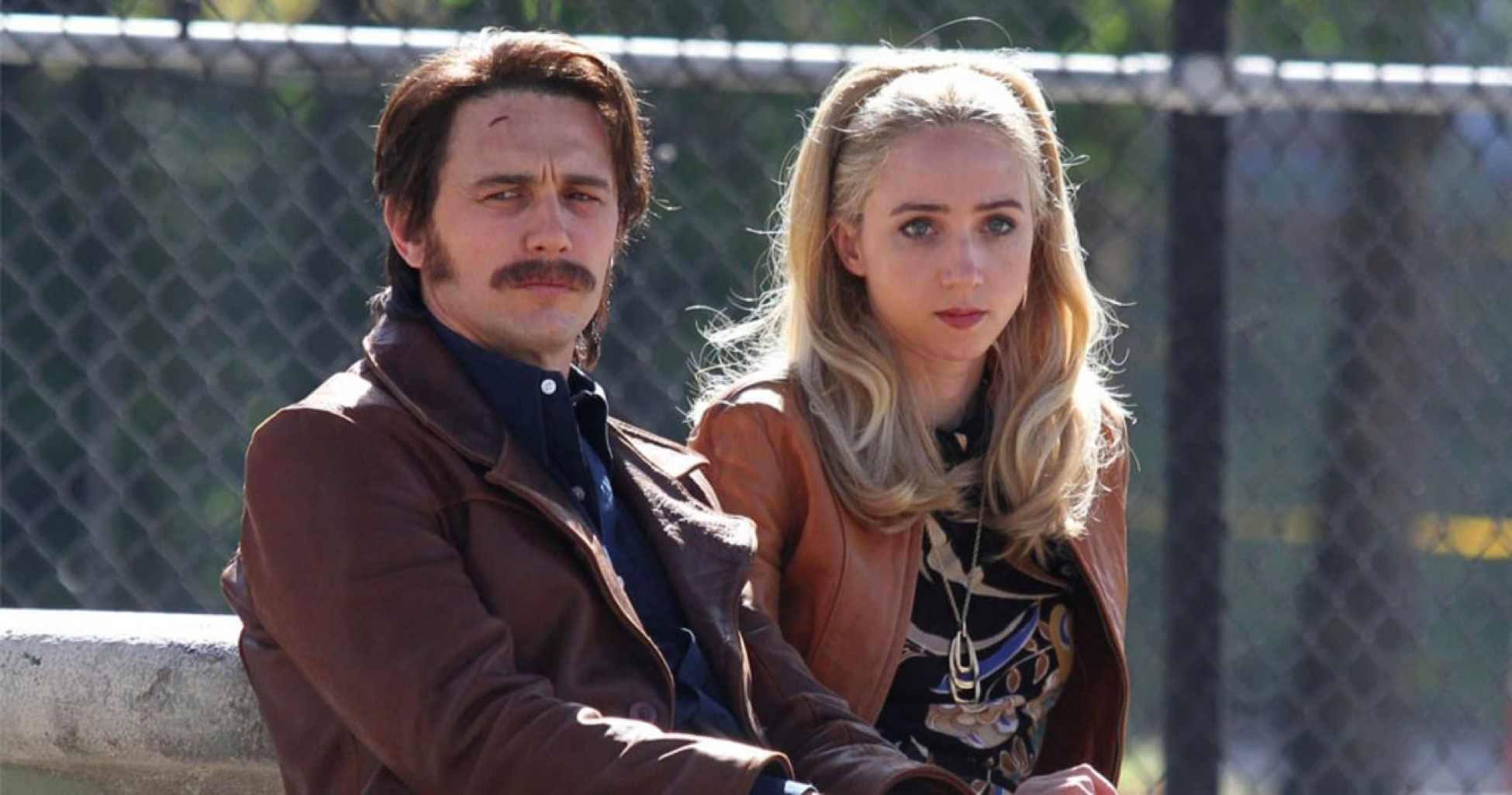
The Year of Zoe continues as Zoe Kazan leaves Kumail to slum it with Franco
But what I’ve neglected up until this point is how the show reflects and connects to our current socio-political environment, primarily because it is one of the most difficult aspects of the show to stomach. THE DEUCE is never explicitly sad, never trying to wring a tear out of a dry eye or shoot for cheap pity, but it is overwhelmingly melancholy. A dark cloud hangs over all of the proceedings. Characters scramble and crawl, trying to get by and find even a moment of peace. Corruption hangs around every corner. The show cuts no corners in depicting the myriad of ways we use each other to survive, both cooperatively and against our will. Desperation defines the lives of many in THE DEUCE because the ghost of capitalism haunts all of their lives. And in desperate moments, people will often hurts others in order to relieve even a modicum of pain.
In 2017, when it is as hard as ever to find a job, pay rent, and in general, survive, this feels like an unsurprising mirror. Capitalism has always sought to find the most efficient way to exploit. Transactions seek the cheapest cost at the greatest reward. People have always been used and always been forced to use each other. THE DEUCE, in telling how people got by in a Times Square that has literally been wiped from history, is not seeking to reveal some dark underbelly or hidden secret, but instead confirming a story that continues to this day for many Americans. The story of just barely squeezing by. The story of hunger. The show does this very well, but it can be overwhelmingly depressing if you choose to let it in. Which makes the brief moments of levity shine. Vincent bringing coffee for his boss and encouraging him to keep his restaurant open. Candi and Lori sharing a cigarette. Humanity, when it is allowed to shine, is just as stirring as the dense plot and complex characters.
THE DEUCE is a complicated knot of a show, requiring you pay attention, but also empathize with the events unfolding on the screen. It has the detail and beautiful structure David Simon is known for, but an even more frank and in-your-face subject matter. It doesn’t hold back any punches, and it shouldn’t. If the first episode is any indication, this show will be a rewarding and challenging watch. Perhaps something even vital to consider, as corruption mounts and the ghost continues to rattle its chains.
Verdict: Hit
THE DEUCE airs on Sundays on HBO


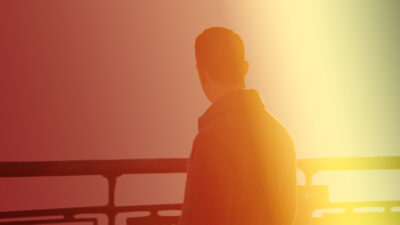
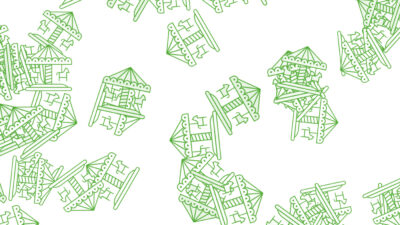

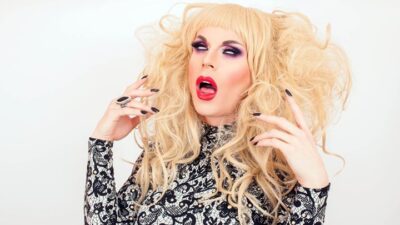
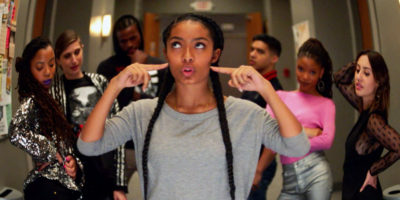

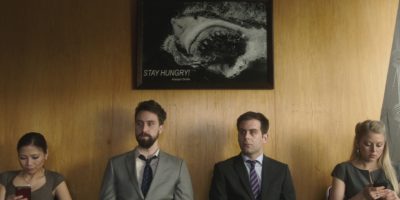







Comments